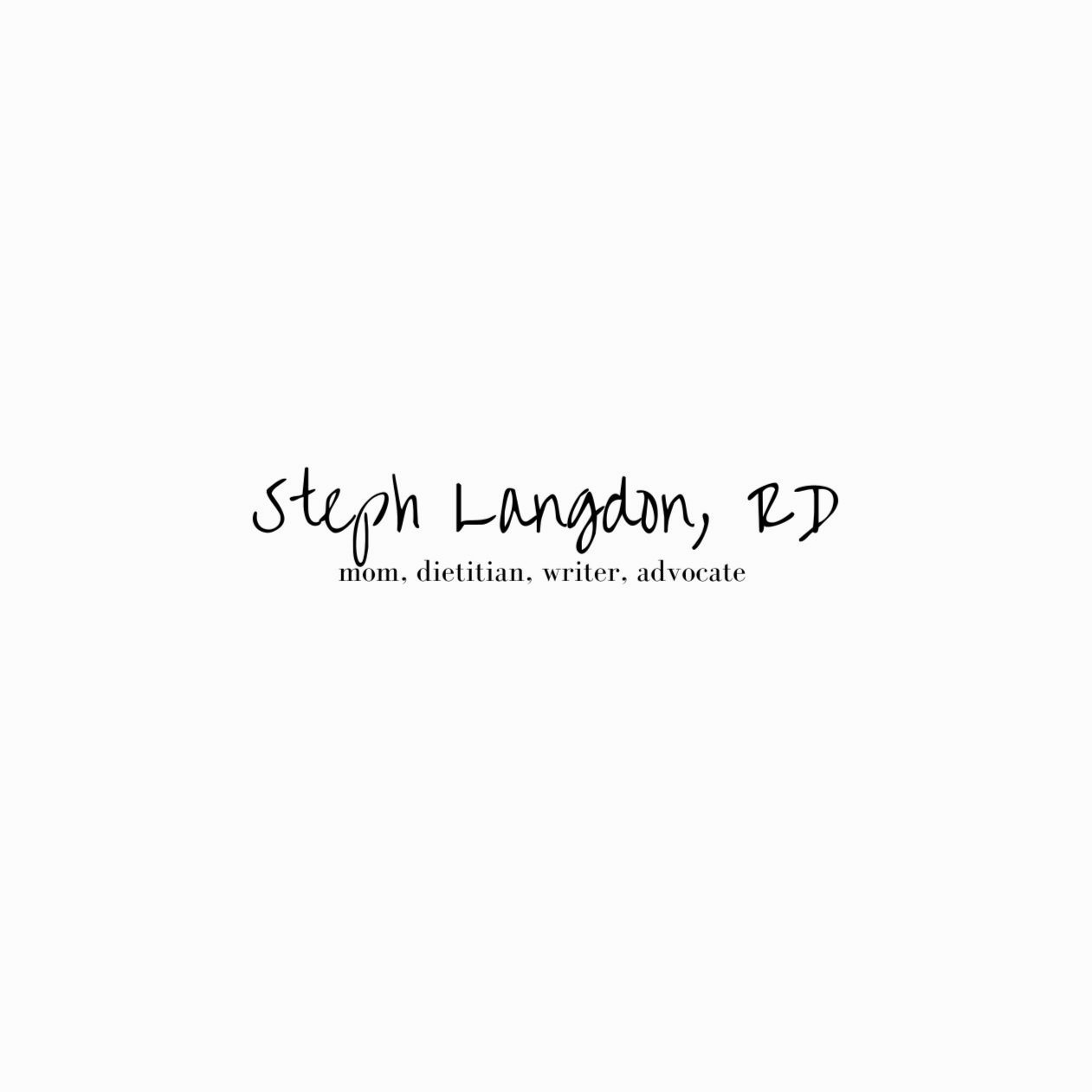Jullian MacLean, RD, MHA
COMMUNITY DIETETICS
for something nutrishus
Update: A few things, including graduating from the Masters of Health Administration and two new roles, mean that Jullian is continuing to do important work in Northern Canada. Read on to see new tasks as well as how he explains what he does.
I know men have been under-represented in the series so far. I don't know stats or numbers, but dietetics does seem to be female dominant. When I was in university we had 2 of 23 students that were male in our program. I did receive recommendations and I hope you'll be seeing more like this to get a more well-rounded glimpse at our field. Feel free to comment or refer if you think there's another area the series has missed (I'm also trying to get it more international...).
Jullian works in a unique geographical location that has it's own nutritional challenges (which fortunately he is passionate about) and is a part of Canada I have yet to visit. Once again we see the wide range of tasks that dietitians are involved in, even within a single week. He's currently working towards a Master's degree and expresses his thoughts on further education below.
Why did you become a RD?
First I decided I wanted to do a Science Degree with a major in Nutrition. Then in my third year of my science degree, I decided I wanted to be an RD because I wanted to be part of a regulated, standardized network. In particular, I wanted prospective employers to have confidence that I was competent in Nutritional Science and becoming an RD was an excellent way to achieve that.
What area of dietetics do you work in?
I would describe my work as community dietetics.
How would you explain what you do? (*updated March 1, 2018)
My work time is split between two organizations: 25% of my time is with an Indigenous Government the Inuvialuit Regional Corporation and 75% of my time is with the NWT SPOR SUPPORT Research Unit: Hotıı̀ ts'eeda. When I am doing research unit tasks, I am managing the units day-to-day operations and ensuring the research interests of Indigenous Governments across the Northwest Territories are upheld. When I am doing Inuvialuit Regional Corporation work, I am typically tasked with jobs that are related to my dietetic expertise including diabetes prevention, food safety and food security.
What are your ‘typical’ daily/weekly tasks? (*updated March 1, 2018)
A typical week would include the following tasks:
- Reviewing and discussing reports from five different community support workers on the progress of community-level cooking circles.
- Assessing five Inuvialuit Childcare Centre's nutrition and food related needs and planning menu cycles accordingly.
- Planning regional diabetes workshops including working closely with the regional health authority to ensure interdisciplinary representation. In others, making sure other health professionals (such as foot care nurses, physiotherapists and pharmacists) are available to speak to workshop participants about their diabetes.
- Planning food security research with external researchers including innovative ways to improve the high prevalence of food insecurity in the Inuvialuit Settlement Region.
- Planning TrainCan.Inc Food Safe level 1 and 2 certification courses.
- Other nutritional related tasks as they come up.
- Managing the day-to-day operations of the NWT SPOR SUPPORT Research Unit: Hotıı̀ ts'eeda
What has been your career path? (*updated March 1, 2018)
Pretty short. I did an integrated dietetic internship. One time, in between internships, I worked as a student for four months at Inuvik Regional Hospital in the Northwest Territories. Afterwards, I went straight into an internship at Inuvik Regional Hospital and then followed that with an internship with Yellowknife Public Health in the Northwest Territories. Eleven months later a full-time job came up in Inuvik, I applied and I was successful. I have been doing that job ever since. In 2018 I accepted two new roles: 1. I become a Project Director with the NWT SPOR SUPPORT Research Unit: Hotıı̀ ts'eeda and 2. I was appointed to a three year term on the Nutrition North Canada Advisory Board.
What advanced education or special training do you have? (*updated March 1, 2018)
- I am a certified TrainCan.Inc Food Safe Level 1 and 2 trainer and certifier. It is a nationally recognized certificate in Canada (with a few possible exceptions depending on local provincial and territorial regulations).
- I have a Master in Health Administration.
In an ideal world, what does the industry look like 5 years from now?
I’d like to see RDs become a Master-level degree program (similar to many other health professions today) with extra courses in interdisciplinary practice and how health systems in Canada are organized along with the usual internship process.
What would you like people to know about RDs?
I’m not looking in your grocery cart!
What are challenges you encounter as a RD?
RDs provide evidence-based recommendations for food which is a multi-billion-dollar industry with some pretty loose marketing regulations. It’s a classic David versus Goliath scenario.
What do people think that you do for a living?
I get the impression people think I am some kind of ultra-enforcer who demands people only eat fruits and vegetables and never dessert. Other times people have me confused with a chef. I am neither.
What are you passionate about in dietetics?
Food security advocacy is my favourite topic. Canada has very interesting polices when it comes to feeding the nation and, when you look at the evidence, the real changes that need to occur in this country to improve food security are at the policy level. Plus, I live and work in Canada’s Arctic where people here have a different perspective on what food security means compared to the rest of Canada. It just adds another layer that is really fascinating.
What makes RDs unique/different from other nutrition/wellness professionals?
I would say RDs are the most conservative when it comes to nutrition/wellness recommendations compared to other nutrition/wellness professionals. That is what I respect most about the profession. It emphasizes the need to provide recommendations only when evidence is available for such recommendations.
What is your favourite meal?
Loaded nachos with olives, jalapeños, tomatoes, green peppers, tex-mex cheese, green onions and chili on-top (yes, chili!)
What tip(s) would you give to our readers?
Thinking “outside-the-box” is “inside-the-box” thinking. Think about it.
More about Jullian:
Email: jullian.maclean@gmail.com
LinkedIn: Jullian MacLean
Thanks Jullian!

